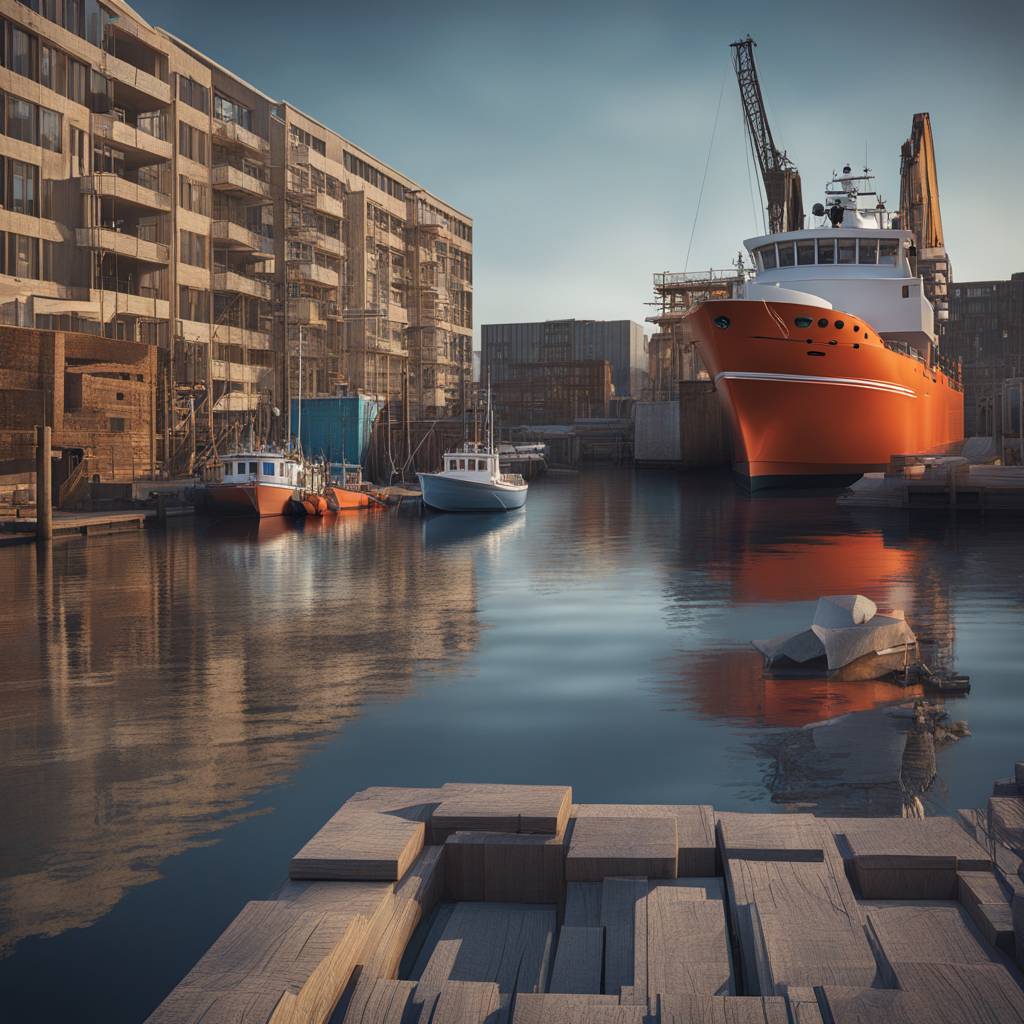The proposal to develop 40 hectares of Ramsar wetland at Toondah Harbour in Cleveland was met with strong opposition from environmentalists and the local community. The highest level of environmental protection is afforded to Ramsar wetlands, and any development can only be allowed if it is of national significance. Matthews, from Redlands 2030, suggested that a more sensitive and lower-impact mixed-use development could be considered for the site rather than the Walker Group’s plan for 3400 apartments. The community was angry that the project had grown in scale over a decade without delivering any tangible benefits. They expressed concerns that the port upgrade had become a guise for major real estate development.
The local community group, Redlands 2030, believed that the initially proposed upgrades to Toondah Harbour would have been acceptable to the community. However, the project’s expansion to include a large number of apartments was met with resistance. The community would welcome improved access to Moreton Bay but not at the expense of the wetland and its environmental significance. The proposed development was seen as a missed opportunity to revitalize the existing working port and bring it up to acceptable international standards. The council supported the project and believed that a refusal would be detrimental to the city, as it would also miss out on significant private investment in Redlands Coast.
The newly elected Redland City Council criticized Plibersek’s decision to reject the Walker Group’s proposal for Toondah Harbour. They saw it as a missed opportunity to upgrade the port and attract more than 1 million passengers to the area. The council felt that improvements to the government-owned port were long overdue and would benefit the community. State Development Minister Grace Grace refrained from commenting on the decision until the Walker Group had an opportunity to respond to Plibersek’s concerns. The state government had yet to make a final decision on the proposed development, and the process was ongoing.
Matthews emphasized the need to protect Ramsar wetlands, which are essential for maintaining biodiversity and the environmental health of the area. Any development in these areas should be carefully considered and only allowed if it is of national significance. The community’s concerns about the scale and impact of the proposed development at Toondah Harbour reflected a wider sentiment about the need to balance economic development with environmental conservation. Redlands 2030 urged for a more sustainable and sensitive approach to any future development at the site to minimize the impact on the wetland and its surrounding ecosystem.
The debate over the proposed development at Toondah Harbour highlighted the tensions between economic growth and environmental protection. While the community was open to improvements and upgrades to the existing port, they were concerned about the scale and nature of the proposed development. The community group and local residents expressed their frustration over the lack of tangible benefits from the project, despite its long timeline. The rejection of the proposal by Plibersek was seen as a victory for environmental protection and a recognition of the importance of Ramsar wetlands in preserving biodiversity and ecosystem health.
In conclusion, the proposed development at Toondah Harbour faced strong opposition from environmentalists, community groups, and local residents due to its potential impact on Ramsar wetlands and the surrounding ecosystem. The community expressed concerns about the scale of the project and the lack of tangible benefits it would bring. The rejection of the proposal was seen as a positive step towards environmental protection and highlighted the need to balance economic development with conservation efforts. Moving forward, there is a call for more sustainable and sensitive approaches to development in sensitive areas like Toondah Harbour to ensure the long-term health and well-being of the environment and the community.













